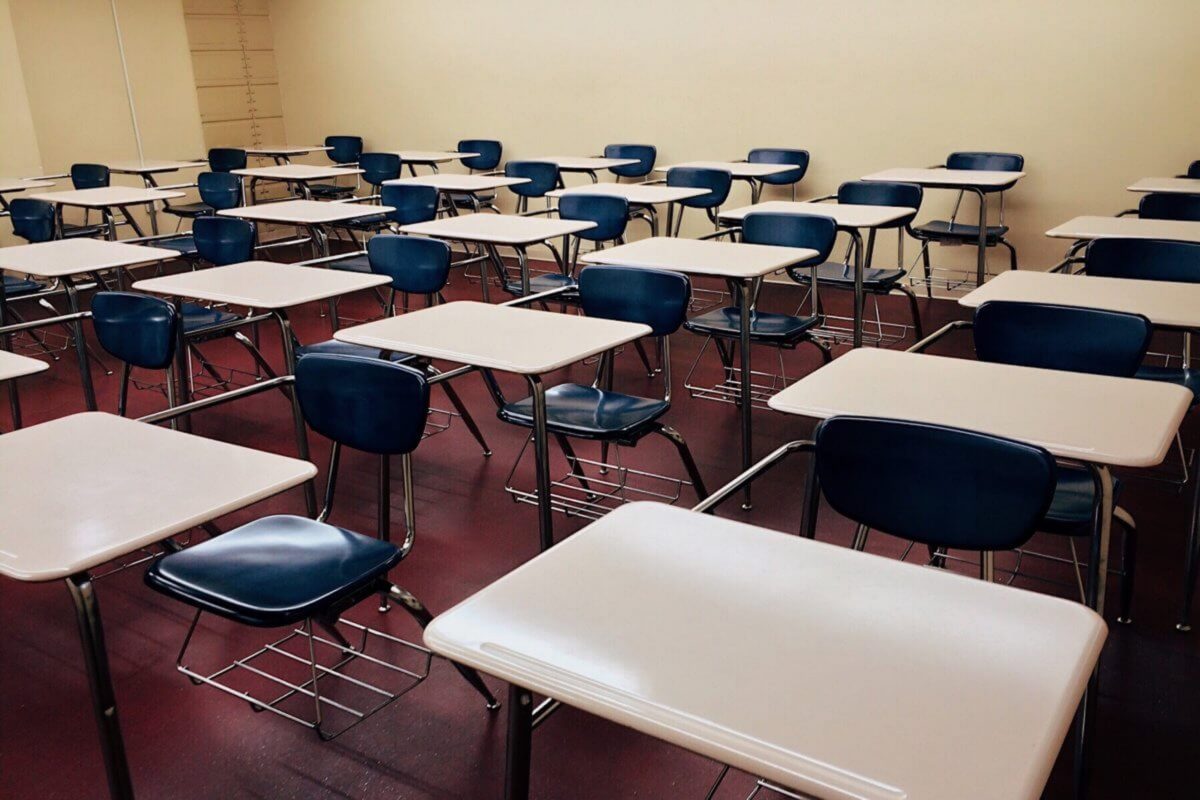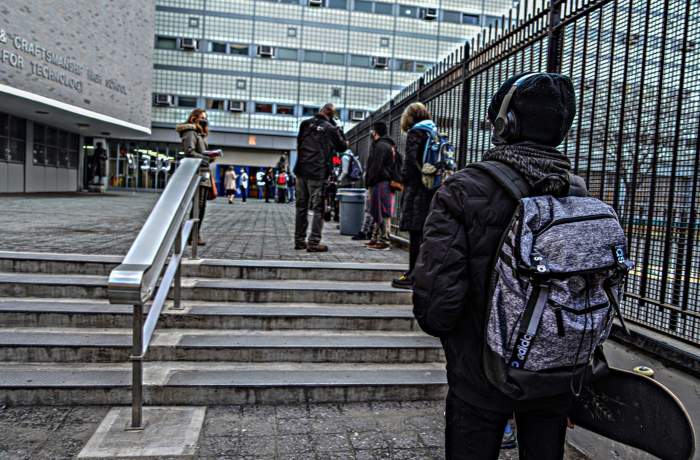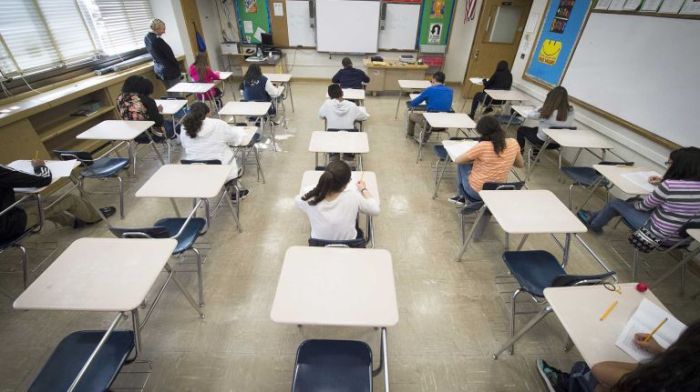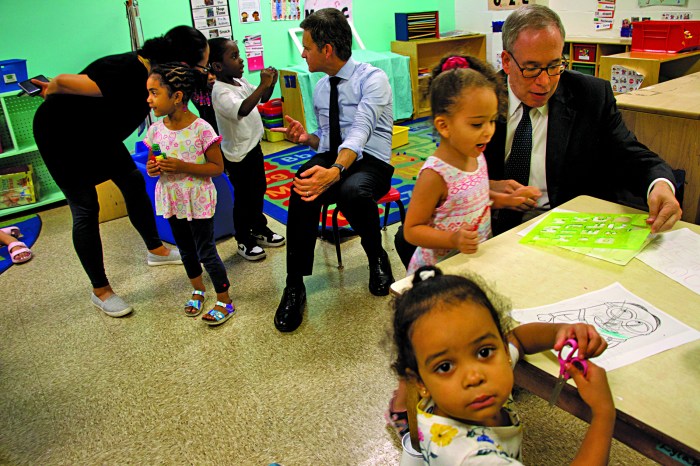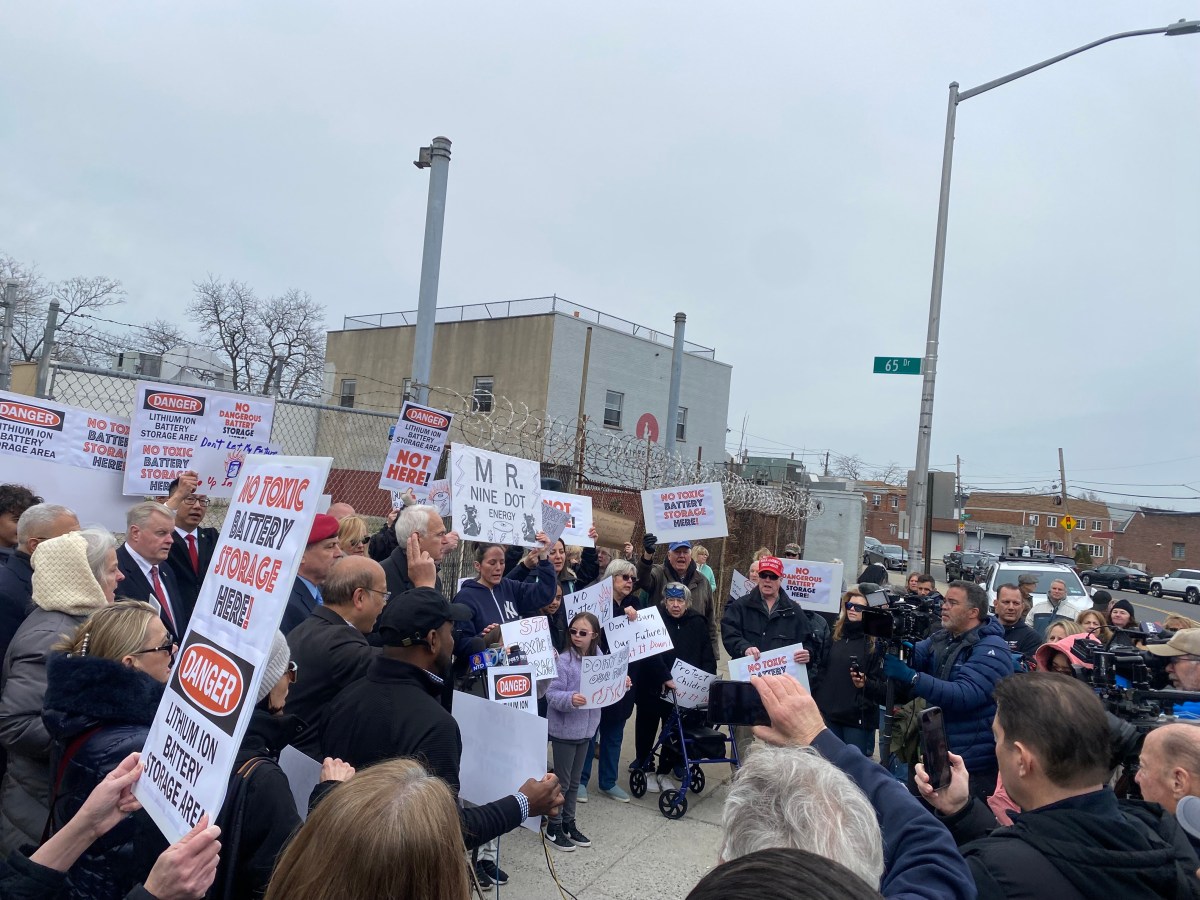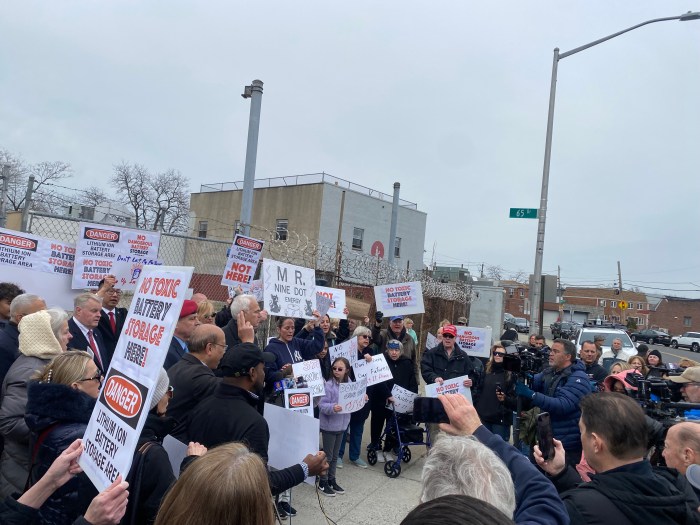Mayor Bill de Blasio and Schools Chancellor Meisha Porter on Wednesday said the city is using funds from the recently received federal stimulus to expand universal 3-k programs to every school district by this fall.
“One day our dream – one day our dream was that 3-K, early child education for our three-year-olds, could follow the same path as pre-K,” said de Blasio.” We dreamed that one day we could be able to have 3-K in all of them. Well, today the dream comes true.”
The city previously announced that School districts 1,12, 14 and 29 would rollout out 3-K for All programs this fall. Now, officials promise the program will be offered in school districts: 2, 3, 10, 11, 13, 15, 17, 18, 20, 21, 22, 24, 25, 26, 28 and 30.
De Blasio first announced plans to set up fee 3-k programs across the city in 2017 and since then, all but 16 school districts across have been able to offer free full-day 3-k program seats. If officials make good on their promise, up to 16,500 additional toddlers could be enrolled in a program by the autumn and the total number of 3-K for All seats available across the five boroughs could be bumped up to about 40,000.
A bevy of elected officials like Public Advocate Jumaane Williams, City Council Speaker Corey Johnson and City Councilmembers Brad Lander, Ben Kallos, Keith Powers and Helen Rosenthal lauded the expansion.
“My daughter is 3 years old, and 3K for All is a lifeline that will make it easier for countless families like mine to stay in New York City and thrive. After this pandemic forced our children into isolation for a year, New York City parents will be relying on 3K for All to help our children catch up,” said Councilmember Kallos. “Child care on the Upper East Side starts at $30,000 and that’s if you can get a seat. Few can afford this and it’s forcing families out.”
But while electeds touted the news, education advocates spoke up for special needs children who have largely been left out of the conversation when it comes to 3-K and Pre-K for All initiatives. “3-K and Pre-K will never be ‘for all’ while preschoolers with disabilities are sitting at home without the classes they need,” said Kim Sweet, executive director of the nonprofit Advocates for Children. “Announcing a major expansion of 3-K with no plan to provide legally required classes to preschoolers with disabilities is a slap in the face to parents whose children need additional help—and is a violation of children’s civil rights.”
Advocates argue recently released data from the Department of Education shows that despite lower preschool special education enrollment numbers during the pandemic the city “has a shortfall of hundreds of seats in 6-and 8-student classes” which serve preschoolers with the most severe disabilities. The need for preschool education classes will only go up, advocates say, since children who missed out on services during the pandemic will need more intensive help.



